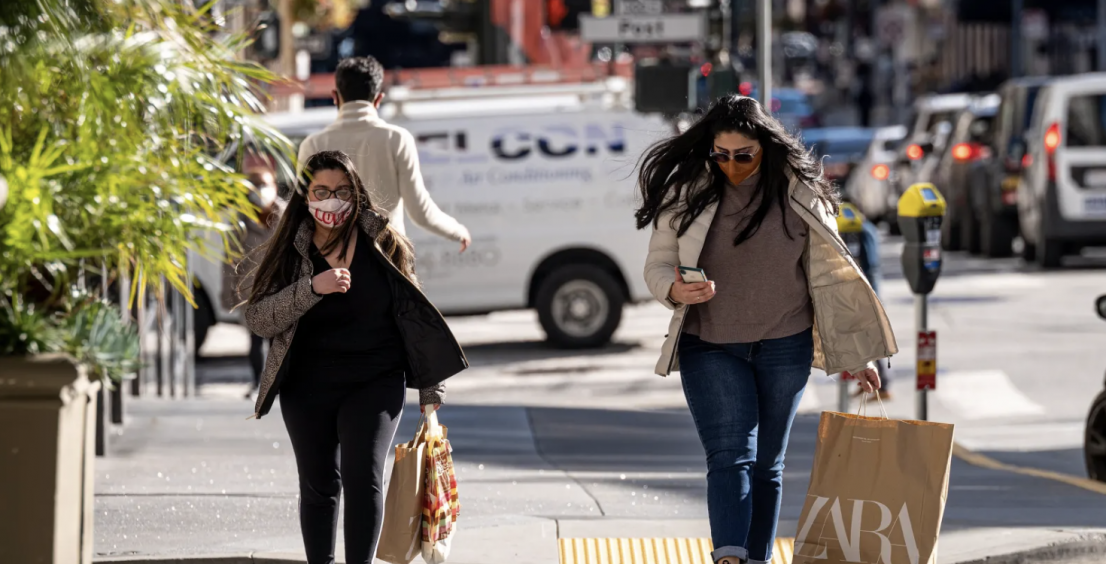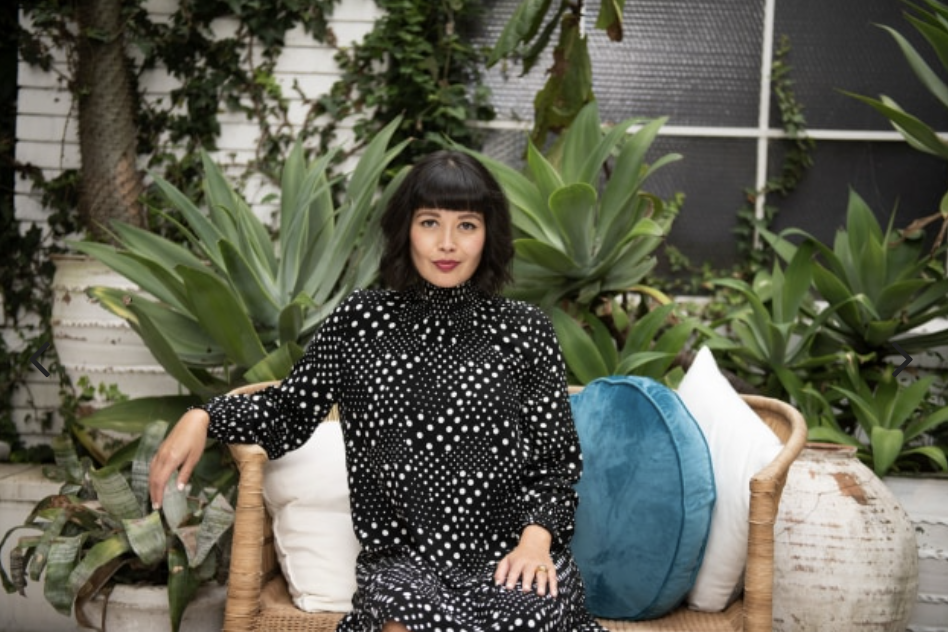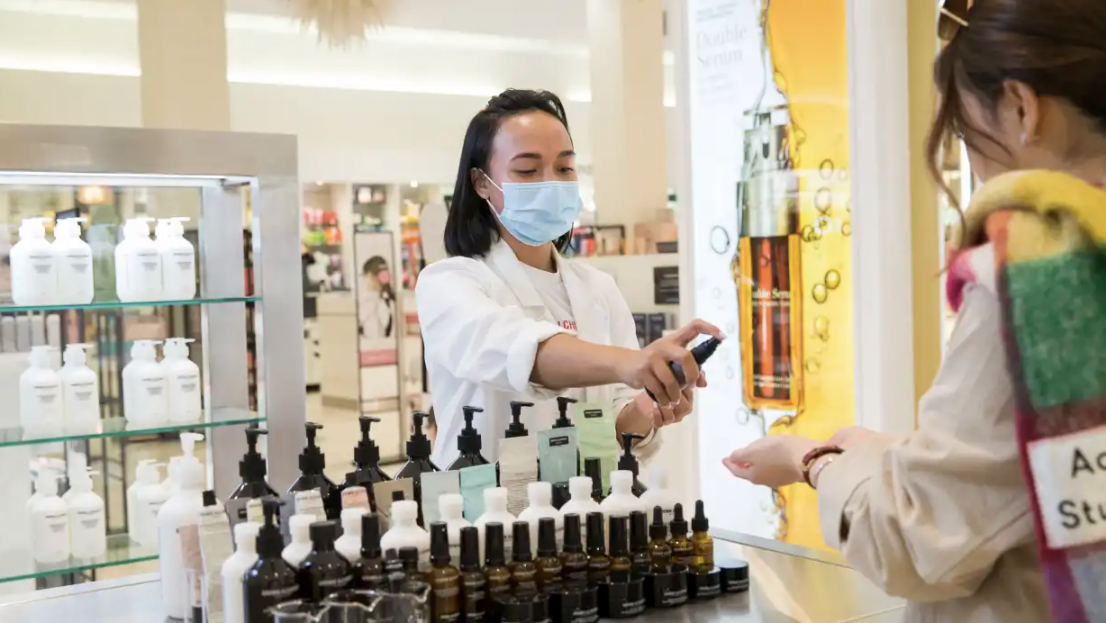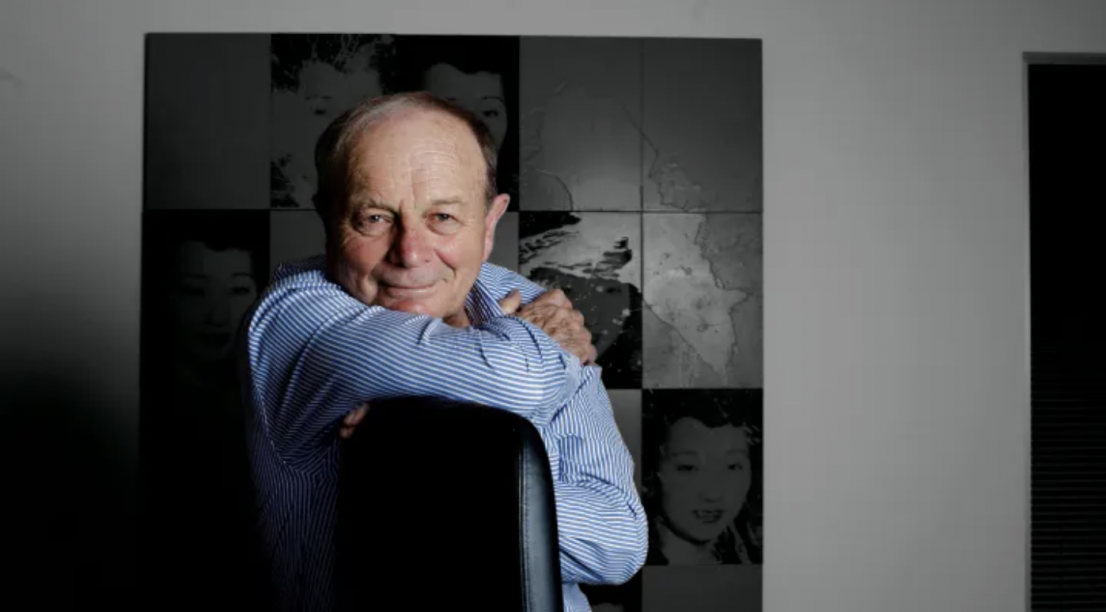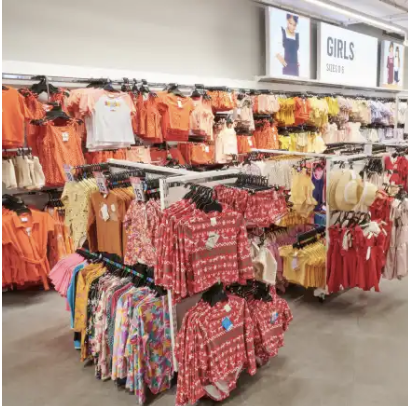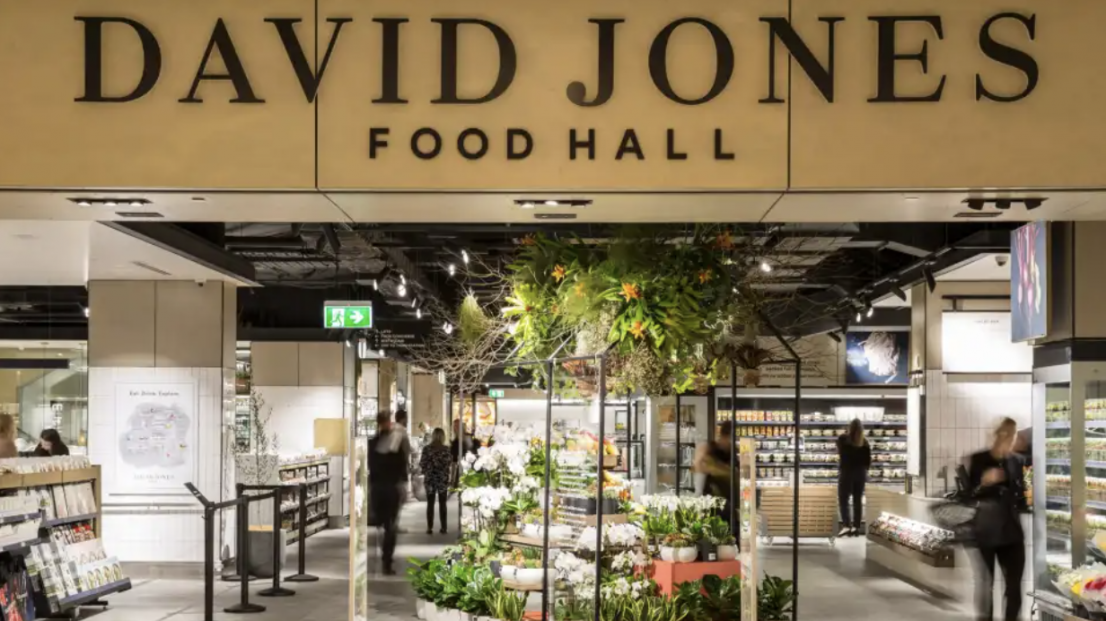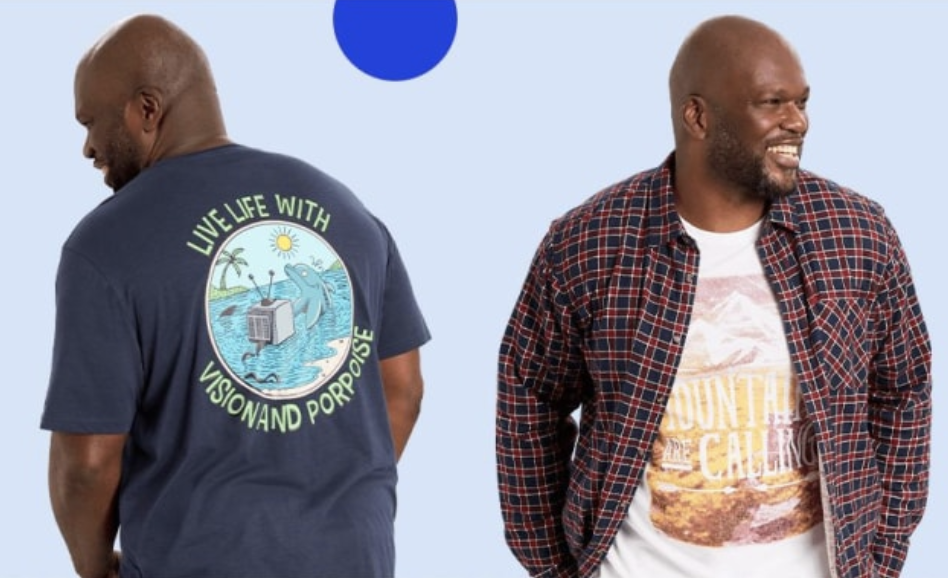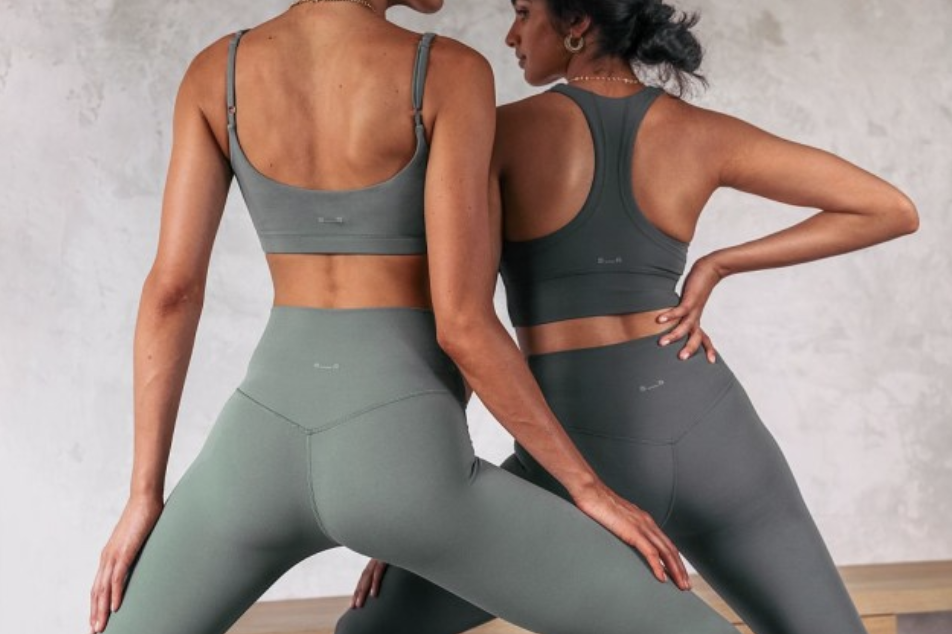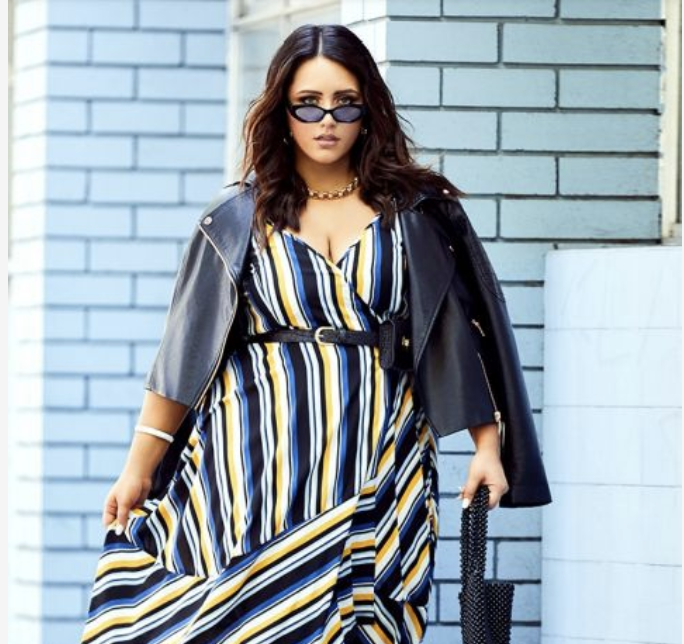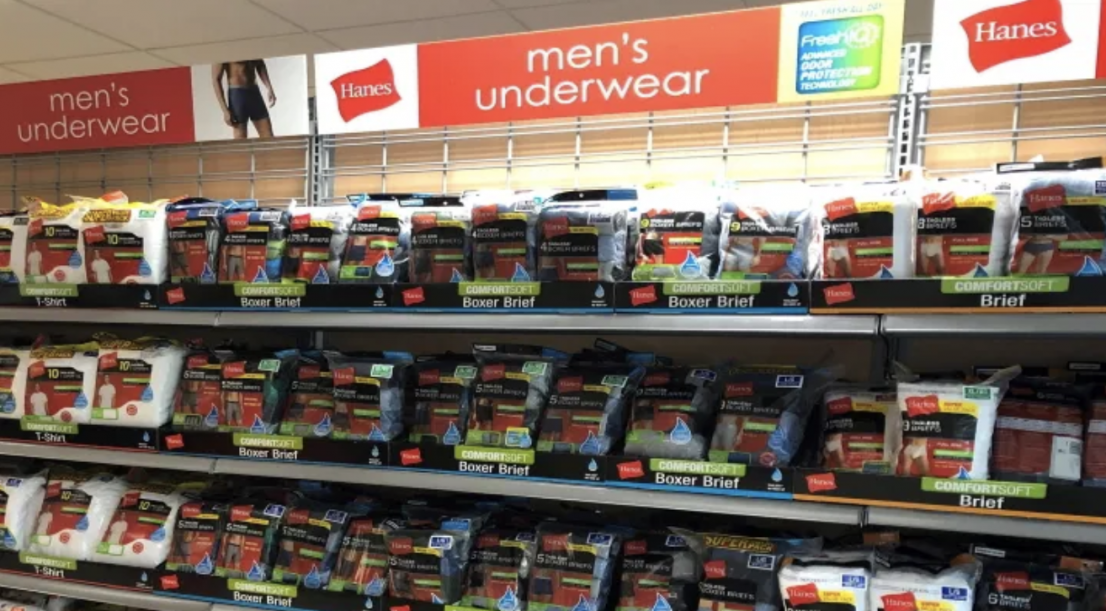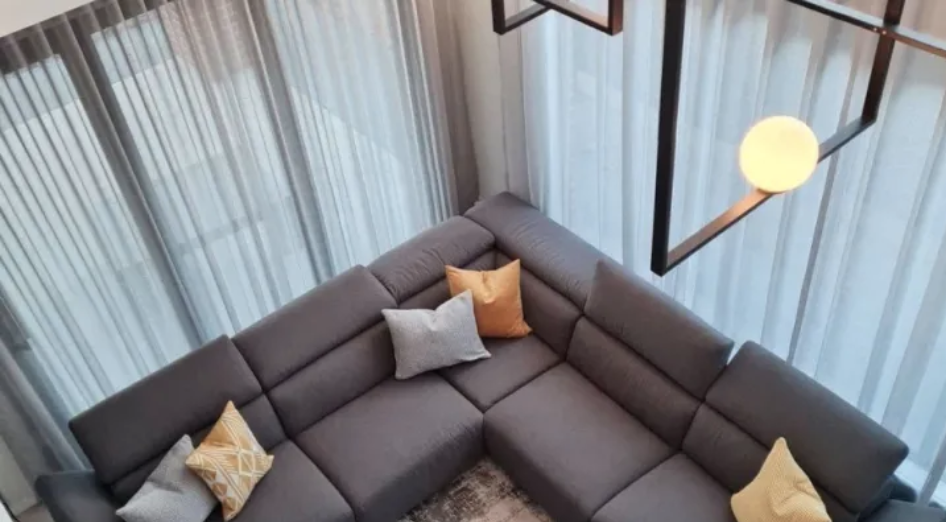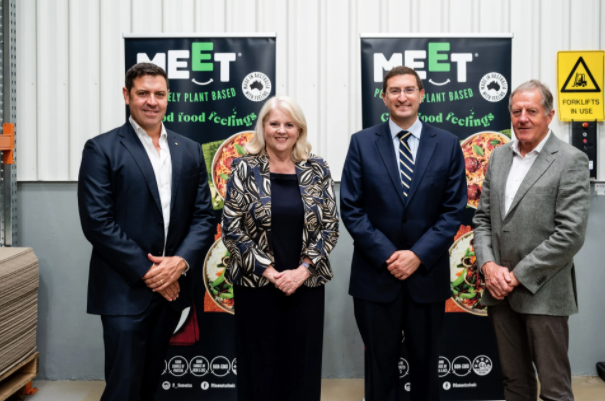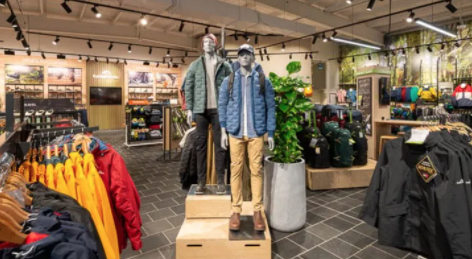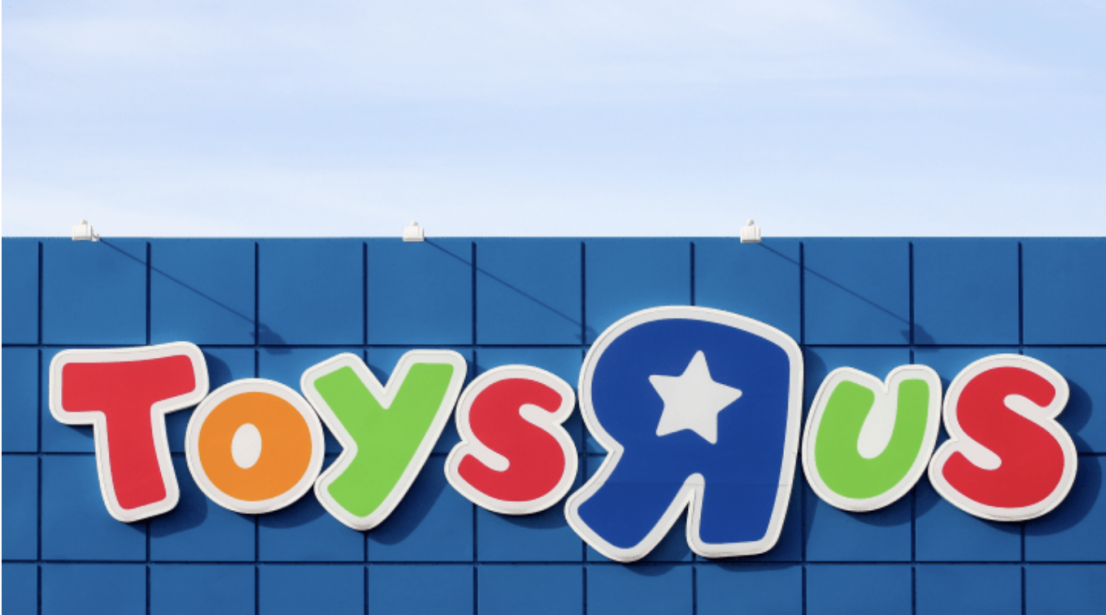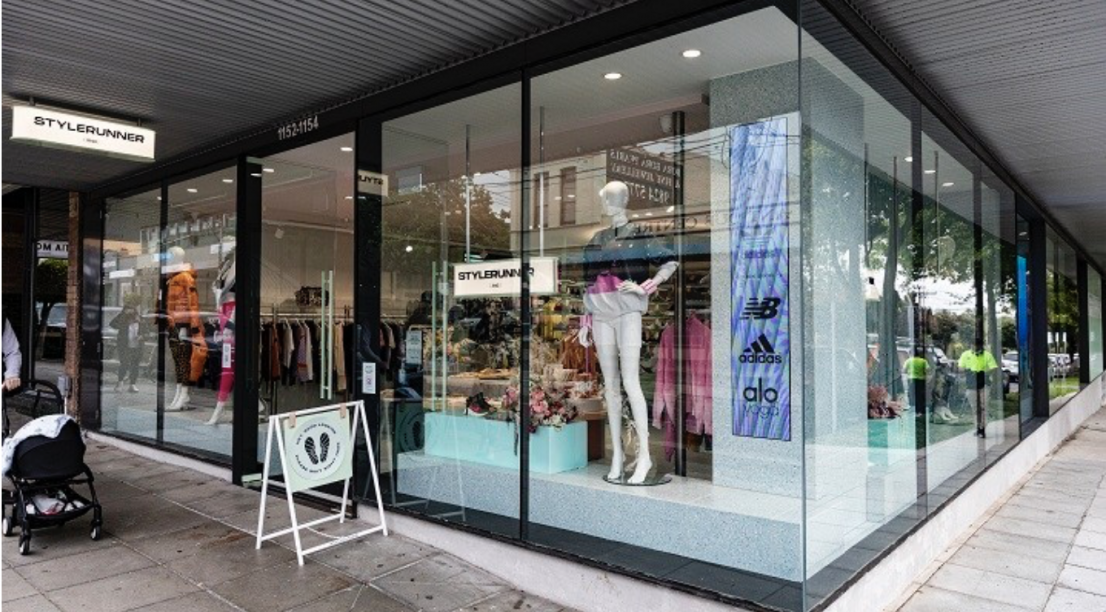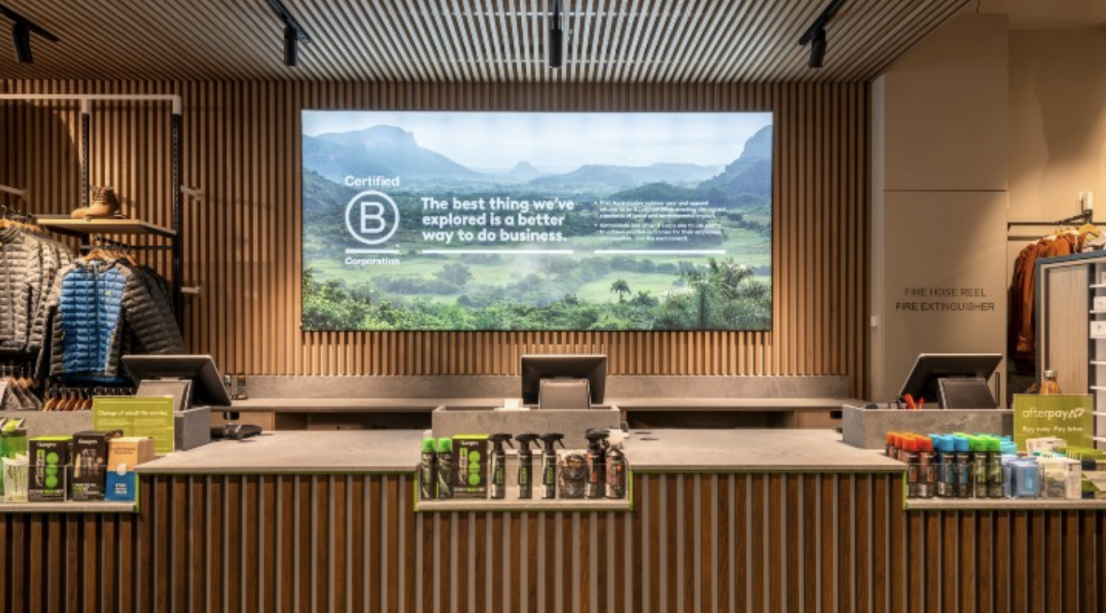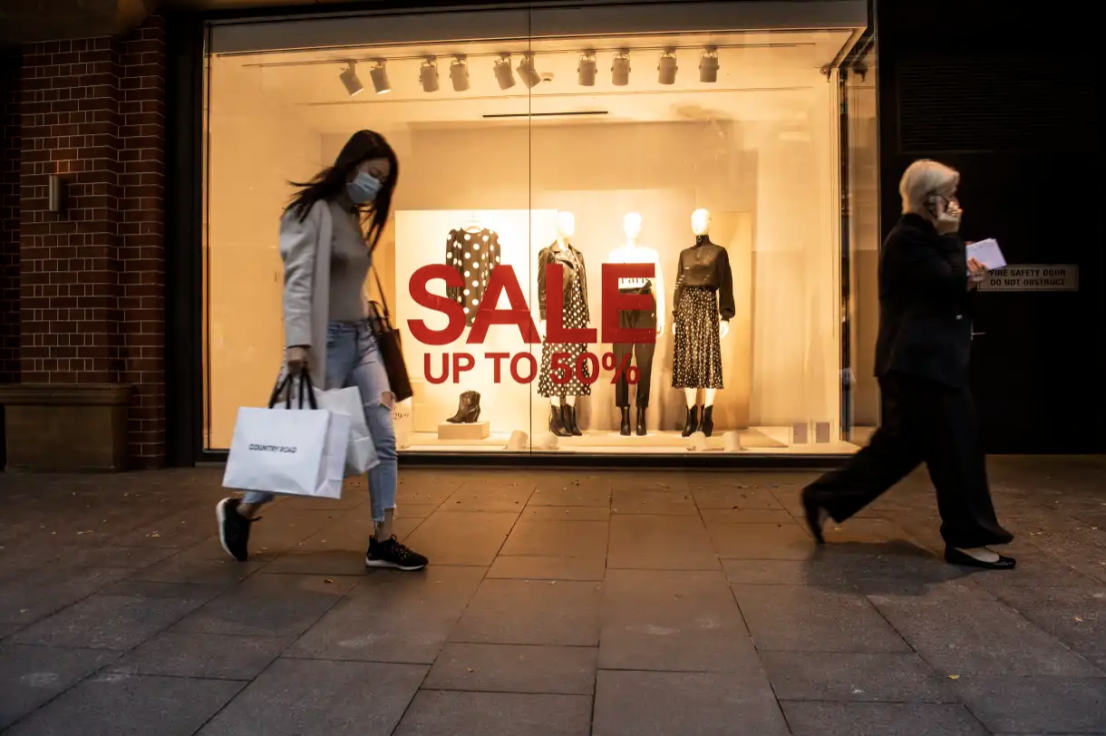
Australia has notched up its biggest trade surplus on record after a surge in exports of iron ore and coal driven by rebounding demand for commodities and defying China’s trade bans.
After posting a 3.1 per cent gain in economic growth in the December quarter, Australia has shot out of the blocks with the seasonally adjusted trade surplus for January, up $3 billion to a record $10.2 billion – far stronger than market expectations of $8.3 billion.
The solid start to 2021 also included a respectable lift of 0.5 per cent in retail sales over January to $30.5 billion – still more than 10 per cent above where sales were this time last year.
“What a way to start the New Year – a fresh record high for the trade surplus,” Westpac’s Andrew Hanlan said.
In what was the 37th consecutive monthly surplus, total goods exports rose $2.4 billion to $34.9 billion driven by a 9.7 per cent jump in resource exports as the global recovery gathers pace.
Iron ore leapt 14.2 per cent to $16.1 billion from December to January. The value of iron ore exports are now up 60 per cent from a year ago. There was also optimism around coal exports, up 2.6 per cent. LNG exports rose 7.9 per cent.
China again accounted for the lion’s share, spending $12.5 billion in January alone, mostly on iron ore. But amid ongoing political tensions exports to China fell by 8.2 per cent while imports from China also fell 17.5 per cent to $6.7 billion – the biggest monthly decline in 11 months. Exports to China are down 2.1 per cent on a year ago.
Over January commodity prices rose 7.6 per cent in US dollar terms or 4.8 per cent in Australian terms. The spot iron ore price was at US$167 a tonne in January 2021, a near 80 per cent increase from the US$94 per tonne a year ago.
Treasurer Josh Frydenberg said the jump in iron ore prices and volumes gave the government confidence in its efforts to repair its budget after the biggest shock to the economy since World War II.
Pressure on Australian dollar
“Iron ore prices are substantially up, as well, travelling above $150 a tonne. Let’s not forget we put it in the budget at $55 a tonne free on board. That augurs very well for the budget,” he said.
The record trade surplus will likely add further upward pressure on the Australian dollar, something which the Reserve Bank has been attempting to restrain.
“The big question is how high is too high for the currency,” Commsec’s Craig James said. “The Reserve Bank governor may need to provide some clarity on this in a speech to be delivered next week together with observations on rising bond yields and record home prices.”
Combined with record low interest rates, a surge of more than 800,000 extra jobs in seven months, rising house prices, a jump in consumption and business investment, the bullish trade figures give further impetus to a sustained economic recovery.
Commonwealth Bank economist Belinda Allen said Australia would continue to post big surpluses this year.
“We expect large monthly surpluses to continue (averaging $7 billion per month over 2021),” Ms Allen said, “Firm commodity prices, assisted by a global economic recovery, should assist.”
Exceptional surge
The drag on the trade surplus was Australia’s service exports such as tourism and student education which are still in the doldrums. Service exports dipped $150 million in January to $4.9 billion. Before COVID-19 service exports reached a monthly high of $8.8 billion.
On the import side of the trade balance, consumption imports fell by 3.3 per cent in January with falls in toys, books and leisure goods, down 9.8 per cent, and textiles down 13.5 per cent. Household electrical imports did, however, rise by 10.6 per cent.
Softer consumer good imports usually point to softer retail spending. The final figures for seasonally adjusted retail spending in January showed a 0.5 per cent rise in retail sales to $30.5 billion. This is still 10.6 per ent higher than the same time last year. Online sales are up an extraordinary 63 per cent compared to January 2020.
The result followed a 4 per cent drop in December, which was expected given an exceptional 7 per cent surge in November with Black Friday sales.
“There’s no doubt retail sales have performed incredibly well in recent months,” Australian Retailers Association CEO Paul Zahra said.
“It is encouraging to see the returning strength of some of the discretionary categories of spending, which were heavily impacted by lockdowns in 2020.”
January may have also benefited from some increase in spending on retail services.
NSW enjoyed a 0.8 per cent gain in retail sales while Victoria, still enjoying a reopening from COVID-19 restrictions, recorded a 1 per cent gain in the month.
The sharp lockdown in Queensland had a noticeable effect on its sales, falling 1.5 per cent.
ANZ card spending data suggests retail growth in February may have started to slow, which could mean another fall in consumption imports for February.
